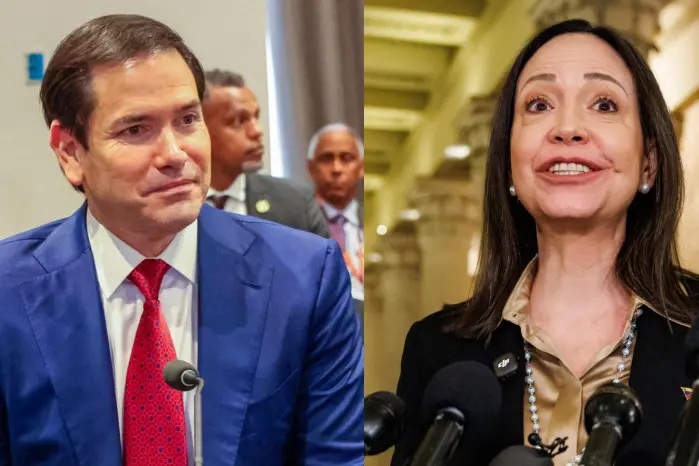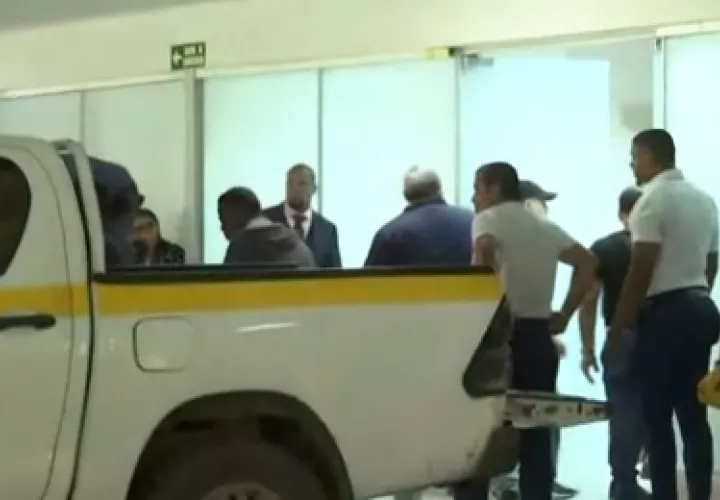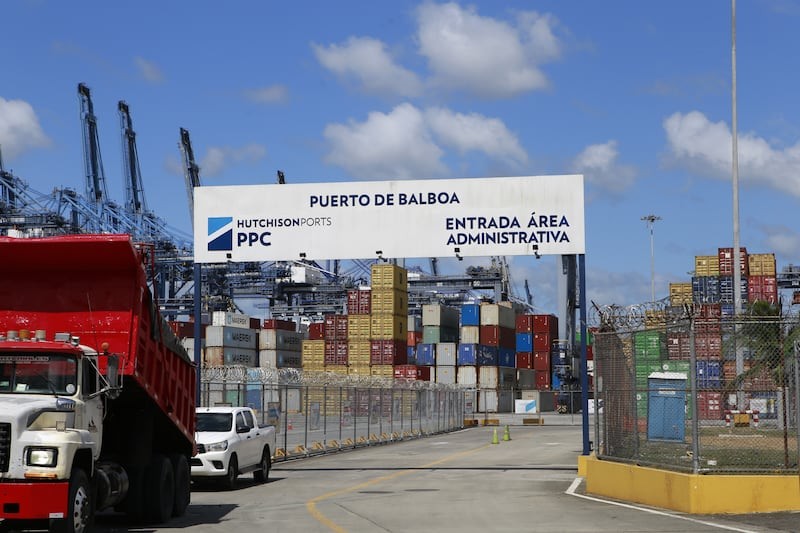Journalists, businessmen and civil society denounce Antai fine

“It cannot be possible that one’s image is being used only [to] want to harm.” This was how Benicio Robinson, deputy, and president of the ruling Democratic Revolutionary Party (PRD), reacted to the decision of the National Authority for Transparency and Access to Information (Antai) to fine La Prensa for using a photograph of him, without his permission, to illustrate a journalistic note that reports their businesses related to public transport concessionaires.
Antai, sanctioned Corprensa on March 24, alleging that Robinson’s photograph is “sensitive” biometric data and the misuse of It can put the owner of the image at “serious risk”.
“It wasn’t me who brought that up. That is from over a month ago,” Robinson said of Antai’s decision.
His statements were Tuesday, April 25, when he was approached by the Communication and Transportation Commission of the National Assembly, where a bill was being discussed that obliges digital transportation platforms to belong to a selective public transportation provider.
What was Robinson doing there if he is not a member of this commission?
“I am a carrier… I am a provider of the transportation service,” snapped Robinson, when asked by TVN.
His facet as a carrier was precisely the content of the note entitled “Route of the quotas reaches the deputy Benicio Robinson”, published on February 24, 2022 by La Prensa, object of the Antai sanction. All the information used by the journalist Mary Triny Zea to write the report was provided by public entities, as stated in Law 6 of 2002, on transparency and access to public information.
Robinson has chaired the influential Budget Committee of the National Assembly for years, told TVN that before being a representative he was a transporter and is still in business. He recalled that he has interests in the transportation services of Panama-Changuinola, Chiriquí Grande, and Bocas del Toro.
All this despite the fact that the Constitution states that the deputies may not make contracts by themselves or by intermediaries with State bodies or with institutions or companies linked to it.
Robinson also expressed his annoyance that his relatives were mentioned in the journalistic note from La Prensa. This is so, because the note reports on the activities of the company Transporte y Turismo Teribe, SA, in which Robinson appears as treasurer, has several of his relatives on the board: his wife Mirza Gutiérrez and his children Benicio Robinson Jr. . and Mirbenis Robinson.
But in the transportation business, not everyone is happy with Robinson. The drivers of digital platforms called a press conference this Wednesday to denounce that the project approved in the Assembly only seeks to benefit “the Robinson group” and the rest of the public transport quota concessionaires.
Omar Jaénsaid that the owners of quotas and transport concessionaires sent “General Benicio” to the Assembly to impose the law in favor of those who have always dominated public transport in Panama and against some 8,000 drivers of digital platforms.
The Uber platform, a US capital company, also expressed its concern that Bill 985 tries to stop all that has been advanced in innovation and technology in favor of better user service. Uber has operated in Panama for the last nine years. In a meeting with the US embassy in Panama, the company reported that it has 7,000 affiliated drivers and has provided the service to some 279,000 passengers.
Various journalistic, business associations, and civil society organizations expressed their repudiation of Antai’s decision.





